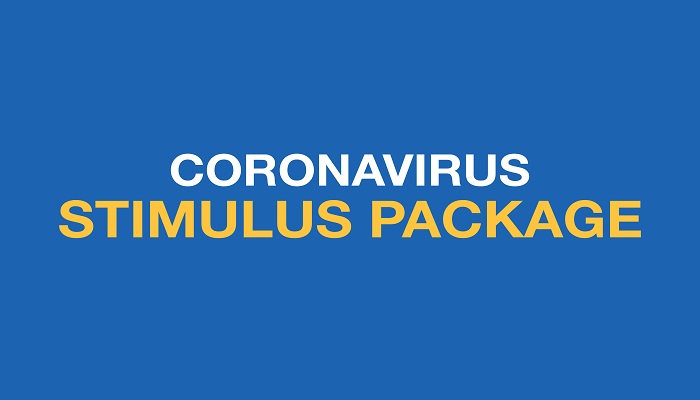
Table of Contents
In light of the economic impact of the COVID-19 pandemic on individuals and businesses, the US government is offering monetary support through the recently passed Coronavirus Aid, Relief, and Economic Security (CARES) Act. The government is providing ‘Economic Impact Payments’ to American workers to support them through the current financial turbulence. Maximize your chances of receiving the stimulus payments by filing all unfiled tax returns and seeking help with any ongoing IRS tax problems. Continuing on the subject, in this blog post, we answer a few frequently asked questions about the Coronavirus Relief Law (CARES Act). Read on.
Related Blog: Important Info for Taxpayers During Covid-19 Crisis – Filing Date & Economic Impact Payments
What is ‘Economic Impact Payment’?
Also known as ‘recovery rebates’, economic impact payments are nothing but refundable tax credits. While recovery rebates are generally applied to 2020 tax returns, considering the extraordinary circumstances, they are now being based on the 2019 or 2018 adjusted gross income (AGI).
Am I eligible for a recovery rebate?
Individuals having an AGI under $75,000 (if single), $112,500 (head of a household and single filer), and $150,000 (joint filers) are eligible to receive recovery rebates. If you or your spouse, whether you file jointly or individually, have an AGI that exceeds the aforementioned figures, you will not be deemed eligible to receive any recovery rebates. The IRS will generally rely on your 2019 tax information to establish whether or not you fit in the above-mentioned income brackets. If you haven’t filed your 2019’s tax returns, the IRS will refer to your returns for 2018 instead.
Don’t Let IRS Tax Problems Keep You Up at Night
Speak with an experienced tax attorney and take the first step toward peace of mind.
If eligible, how much will I receive as a rebate?
All US citizens with an SSN, who aren’t dependents, may be eligible for receiving $1200 (if they are a single filer) and $2400 (in case of joint filers). You can also be eligible for an additional $500 rebate for every child in your family. While you can find countless rebate calculators online, getting in touch with your Fort Worth IRS tax attorney is the best way to get expert help assessing your tax returns to learn how much you may receive in the form of a rebate.
How will the IRS send my rebate?
You do not have to take any action at your end. The IRS will go through your past tax returns and send rebates, if eligible. The agency will generally send the rebates through a direct deposit or via a paper check that is mailed to your doorstep.
Related Blog: A Guide To COVID-19 Stimulus Checks
I haven’t filed my 2019 tax returns. Am I still eligible for a rebate?
The IRS will first check for your 2019 tax returns; if you haven’t filed them, it will then decide your eligibility for a rebate based on your 2018 return. The situation can, however, get tricky at times. Say you had a fantastic financial year in 2018 and your AGI exceeds the threshold set by the IRS, but the situation hasn’t been the same in 2019. Due to a lack of information about your 2019 AGI as you haven’t filed a return, the IRS will simply deem you ineligible for a rebate based on the return for 2018. Get in touch with your Fort Worth IRS tax attorney and get current with all your tax filings, resolve all your IRS tax problems, if any, to improve your chances of receiving a rebate.
Every Day Counts: Don’t Let IRS Tax Problems Grow Out of Control
Get strategic guidance to resolve your IRS tax issues efficiently.
Wrap Up
The coronavirus pandemic has adversely affected the economic prospects of a better part of the world. ‘Economic Impact Payments’ or recovery rebates, at such a juncture, can give you the much needed financial support. It is, however, important that you stay up-to-date with all your tax filings to ensure that you receive the necessary recovery rebates. Whether you have any unresolved IRS tax problems or have been under an IRS tax investigation, now is the time to get help for a quick IRS problem resolution. Contact our office of experienced IRS tax attorneys in Dallas for help with IRS tax problems and filing unfiled tax returns. Simply call (972) 426-2553 or email us at jamie@myIRSteam.com.


